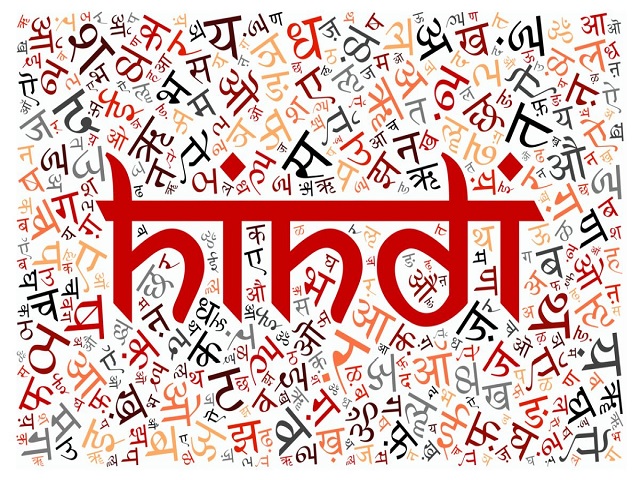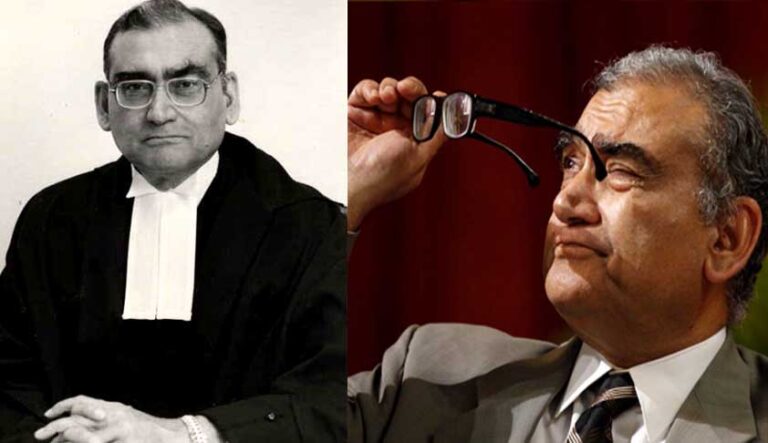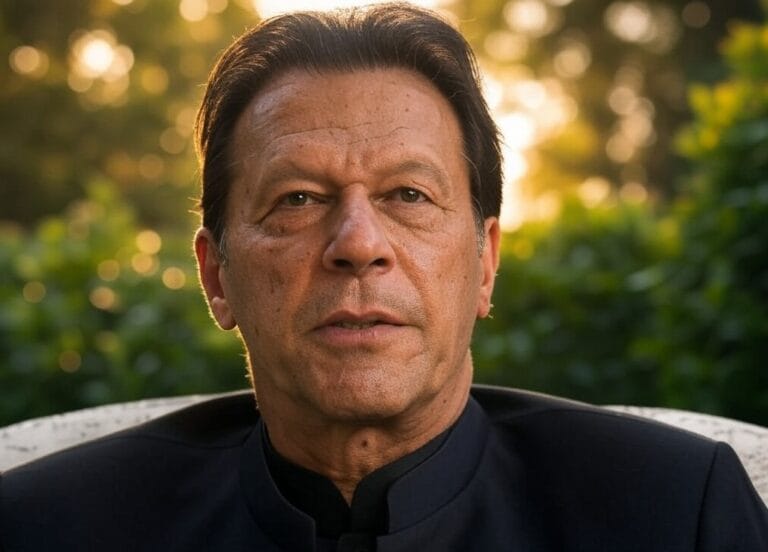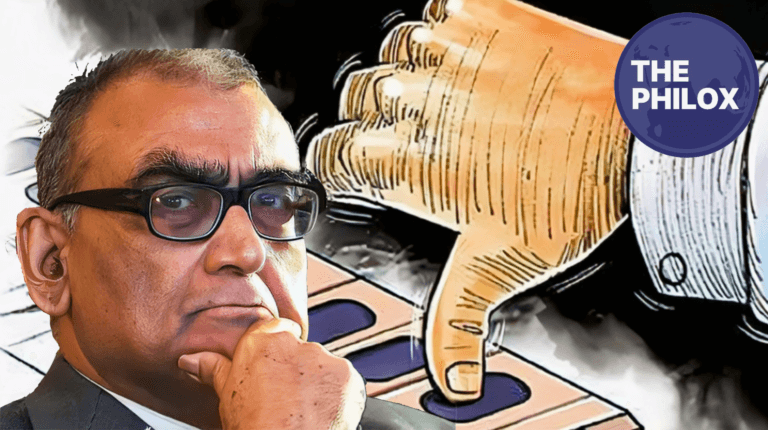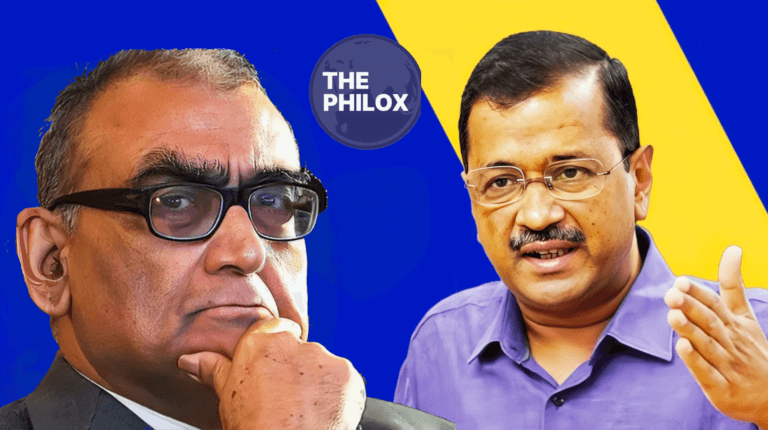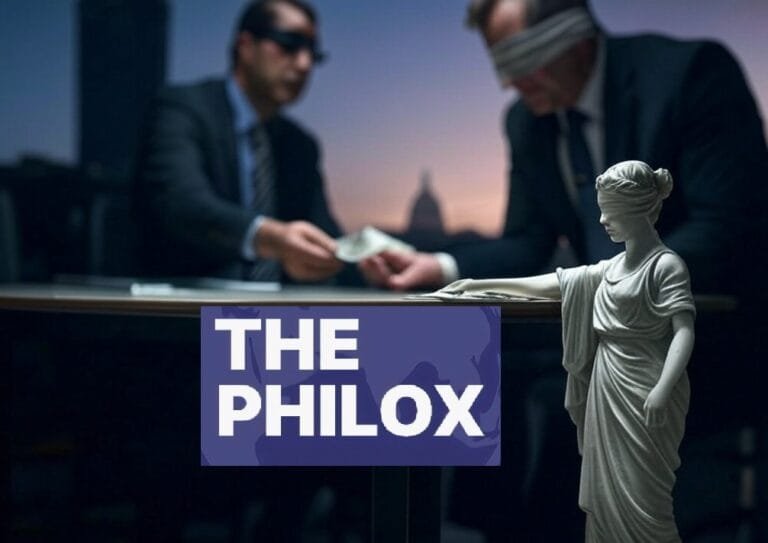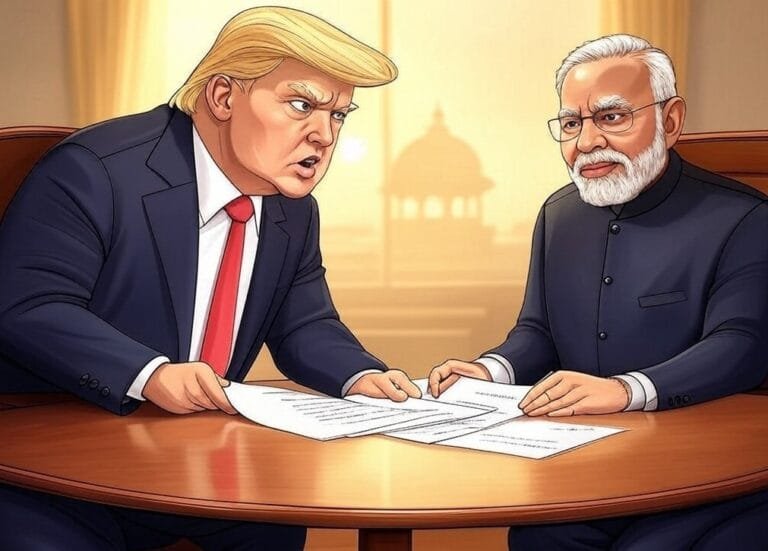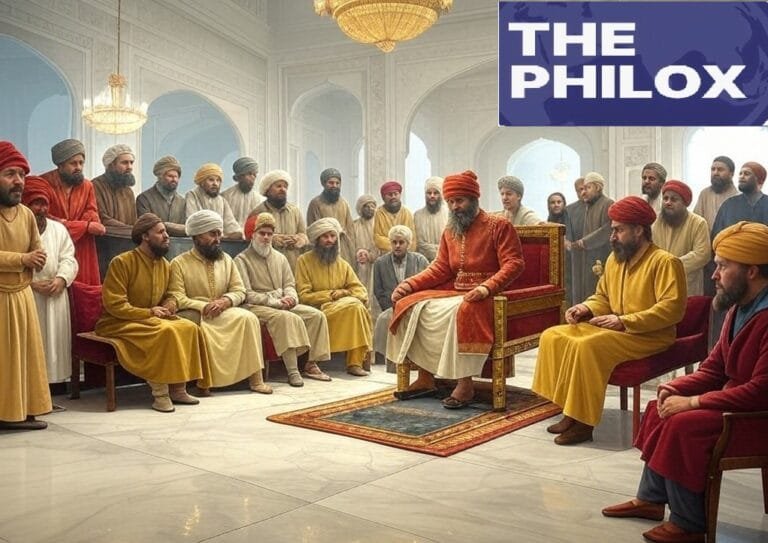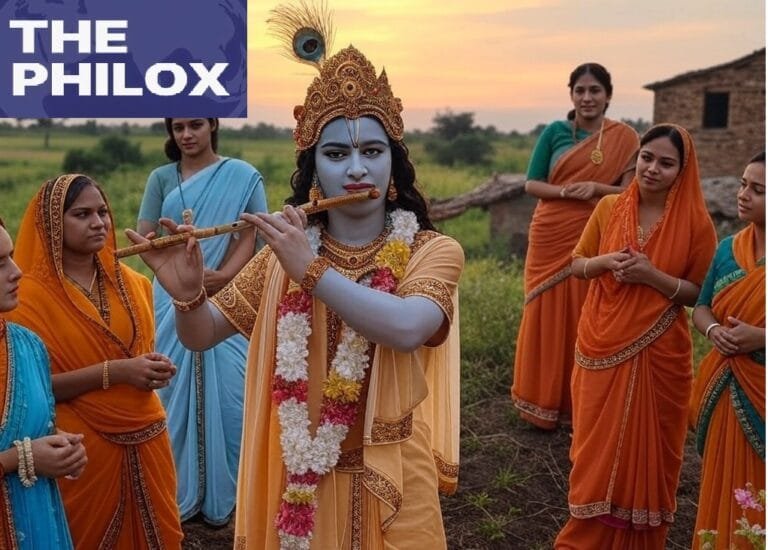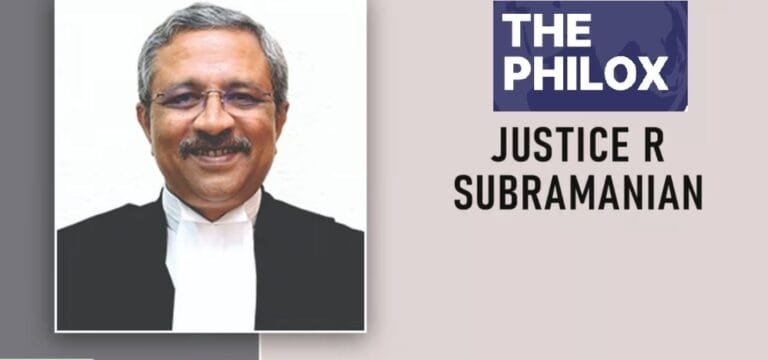Once when I was a judge in Allahabad High Court a lawyer who would always argue in...
Markandey Katju
This story was told to me by my friend Ram Lakhan Chaturvedi, senior advocate, Allahabad High Court,...
But the Holocaust was committed by Germans and their European collaborators, not by Palestinian Arabs. Why should...
NATO was an organization of Western powers, headed by USA, which was created after the end of...
There are tens of thousands of Urdu verses, by hundreds of Urdu poets. A sher ( couplet...
In 1901 Russia was under the despotic and autocratic rule of Czar Nicholas II. There was a...
Justice Katju critiques the overhyped narrative surrounding Artificial Intelligence (AI), arguing that its portrayal as a revolutionary...
"Hotel California," released by the Eagles in 1977, is a metaphorical masterpiece exploring the dark underbelly of...
A Pakistani messaged me on whatsApp " Sir, is there any specific reason why the Indian cricket...
Moeed has his own YouTube channel on which he regularly posts his vlogs, mostly from Washington DC....
The Bharatiya Janata Party (BJP) faced a setback in the 2024 parliamentary elections, losing its absolute majority...
The article "Punah Mooshak Bhav" by Justice Katju draws a parallel between an ancient Sanskrit tale and...
Justice Markandey Katju, a former Supreme Court judge of India, has actively discussed the misconceptions surrounding the...
Complete destruction of feudalism and freedom from foreign interference is essential for the rapid economic growth of...
The fact that he is unusual is the reason he is noticed by the public and he...
Imran Khan foolishly took cudgels with the American Government, not realising that America controls Pakistan through the...
Justice Katju defends his critique of Imran Khan, despite backlash from supporters. Initially praising Khan for challenging...
Ranveer Allahabadia's recent controversial statements have sparked debate on freedom of speech under Article 19(1)(a) of the...
The other is the train of ground realities--polarisation of Indian society by our crooked and selfish politicians...
He joined social worker Anna Hazare‘s movement for integrity in public life in 2012, and became Chief Minister of...
People of India must realise the truth, that elections only result in change of leaders, who only...
Before explaining the meaning of this sher, it is necessary to mention that Urdu poetry often carries both...
This article explores the dynamics of the Delhi Assembly elections, focusing on the Bharatiya Janata Party (BJP)'s...
Justice Katju highlights significant contrasts between America and India based on his experiences. In America, corruption is...
In his commentary, Justice Katju argues that the suspension of foreign aid by President Donald Trump could...
Suleh-e-kul, a doctrine of universal peace and tolerance, was promulgated by Emperor Akbar to unite India's diverse...
This article by Justice Markandey Katju explores the contentious issue of the death penalty, balancing moral opposition...
Justice Katju explores the balance between reason and emotion by referencing the tale of Lord Krishna and...
Justice R. Balasubramanian, celebrated on his 80th birthday, was known for his vast legal knowledge and integrity...
The viral tweet asserting that Bengaluru is closed to non-Kannada speakers has reignited debates on linguistic rights...
